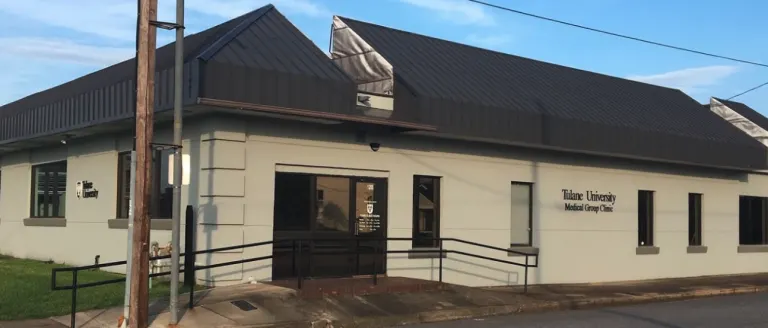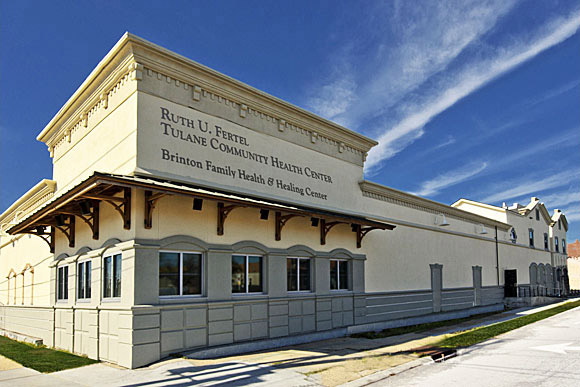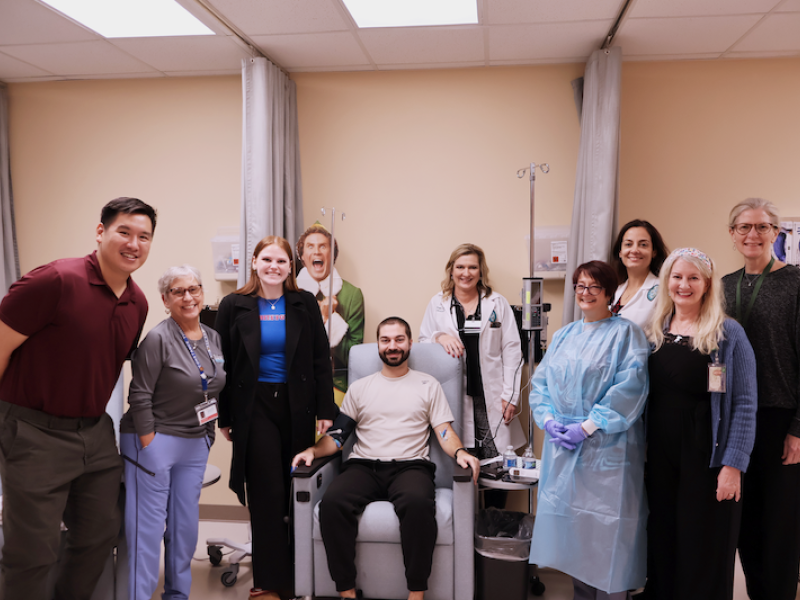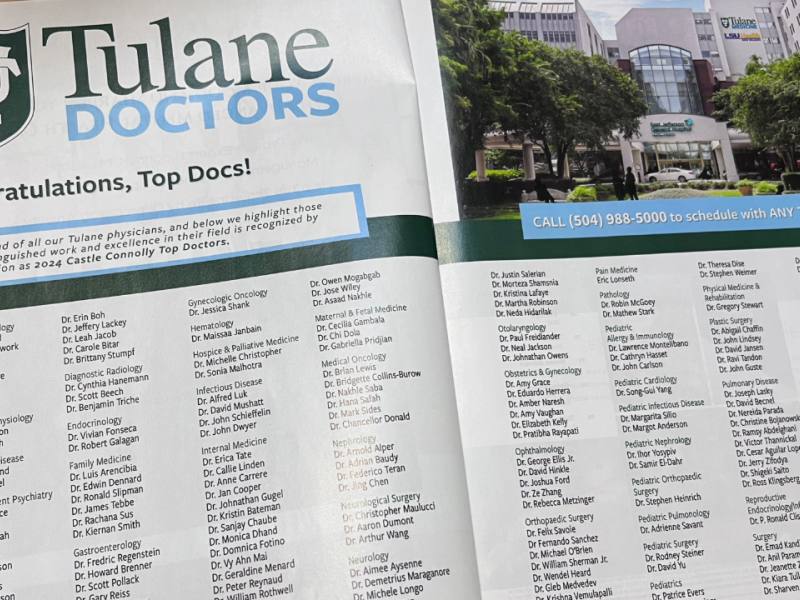Infectious Diseases
Chief's Welcome
The Tulane University Adult Infectious Diseases Section is one of 9 internal medicine subspecialty sections within the Department of Medicine. Our clinical faculty provide infectious diseases inpatient and outpatient consultations at East Jefferson General Hospital, University Medical Center New Orleans (formerly known as "Charity Hospital"), and at the Southeast Louisiana Veterans Health Care System. In addition, we sponsor two Ryan White-funded HIV clinics in Louisiana, the Total Health Clinic @ Ruth Fertel Tulane Community Health Center in New Orleans, and Tulane Doctors-Alexandria (Tulane CD4 Clinic).
Our Section has an ACGME-accredited ID Fellowship Training Program, accepting 3 new fellows every July 1. Our location provides trainees with exposure to everything from HIV and TB, to geographic fungal infections, tropical diseases, solid organ (kidney and liver) and bone marrow transplant infections. In 2025, Tulane will be kicking off heart and lung transplant programs.
Our faculty are involved in research that spans the spectrum from community HIV trials, to next generation sequencing diagnostics, hemorrhagic fever viruses and TB molecular diagnostics. We are proud of our reputation as excellent clinicians and educators, and strive to provide compassionate and cutting-edge care to our patients.
In the words of Francis W. Peabody:
One of the essential qualities of the clinician is interest in humanity, for the secret of the care of the patient is in caring for the patient.
Sincerely,
David Mushatt, MD, MPH&TM, FIDSA, FACP
Professor of Medicine
Chief, Tulane Adult Infectious Diseases Section
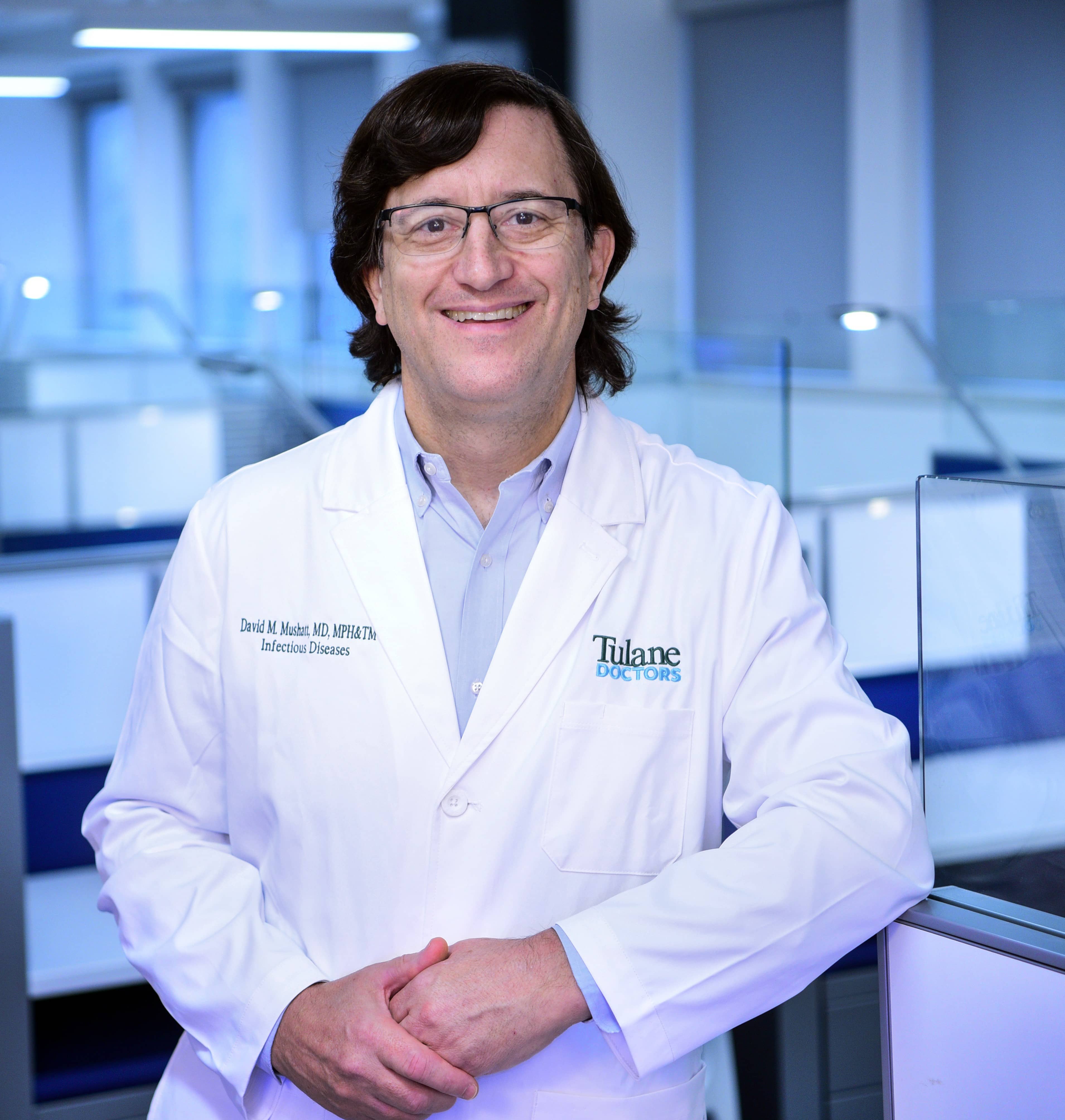
Infectious Diseases Clinic Locations
Make an appointment at one of our 7 locations
Providing Quality Healthcare for People Living with HIV
What is a Ryan White-funded Clinic?
A Ryan White-funded clinic is a healthcare facility that receives funding through the Ryan White HIV/AIDS Program, a federal initiative in the United States that provides essential healthcare services for people living with HIV who are uninsured or underinsured. The program is named after Ryan White, a young boy who became a national symbol of the fight against HIV/AIDS after he contracted the disease through a blood transfusion and faced significant discrimination.
The Ryan White HIV/AIDS Program is administered by the Health Resources and Services Administration (HRSA), and it helps ensure that people living with HIV can access medical care, medications, and support services regardless of their ability to pay. These clinics offer a range of services, including:
- HIV medical care (such as routine exams and lab tests)
- Antiretroviral therapy (ART) to manage HIV
- Mental health and substance abuse counseling
- Case management and social support services
- Access to dental and nutritional care
- Education and prevention resources
The goal of Ryan White-funded clinics is to improve health outcomes for people living with HIV, reduce the viral load, and limit the transmission of the virus. This funding helps clinics focus on delivering comprehensive, patient-centered care that addresses not only the medical needs of patients but also the social, emotional, and logistical challenges they may face.
